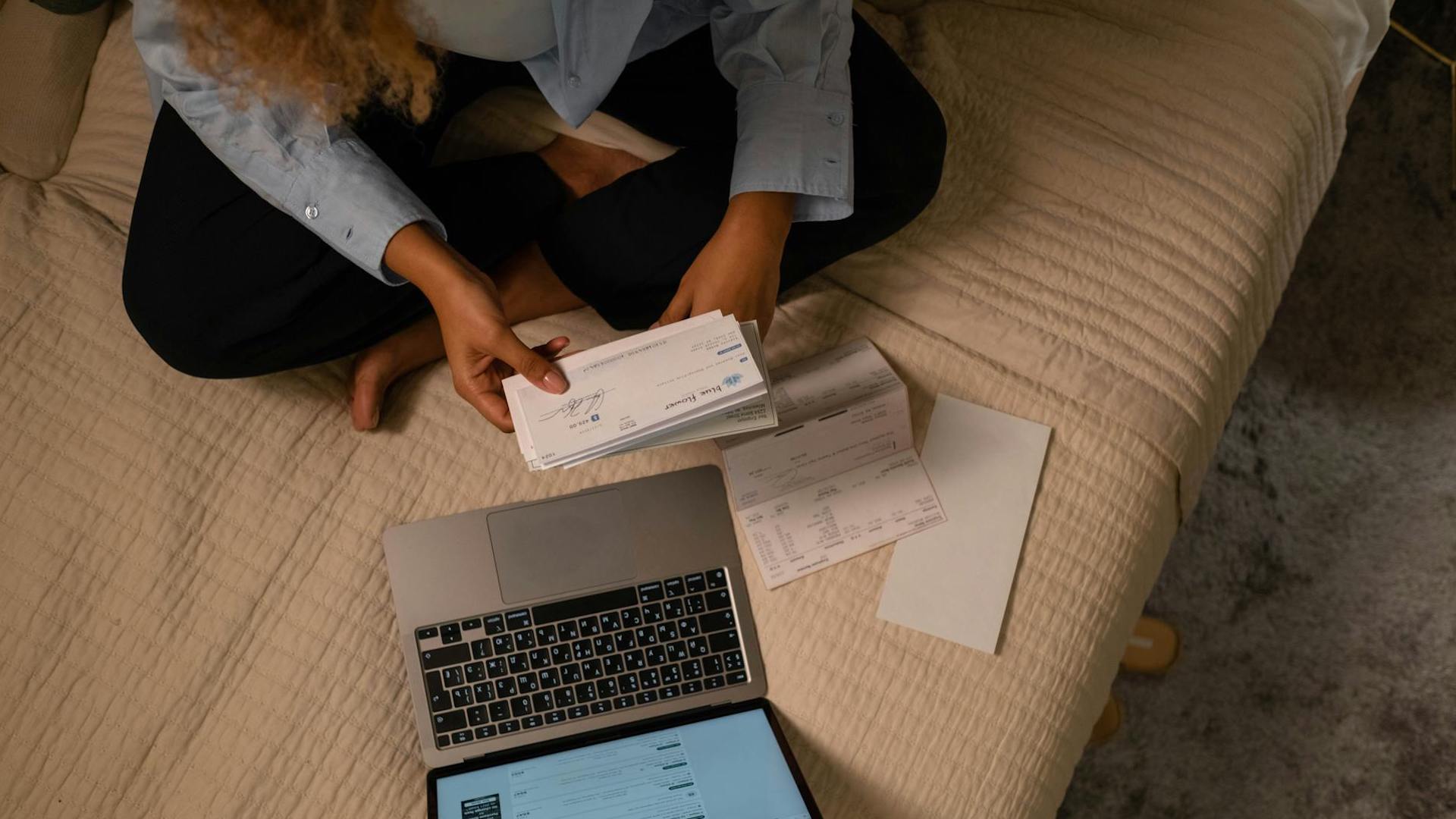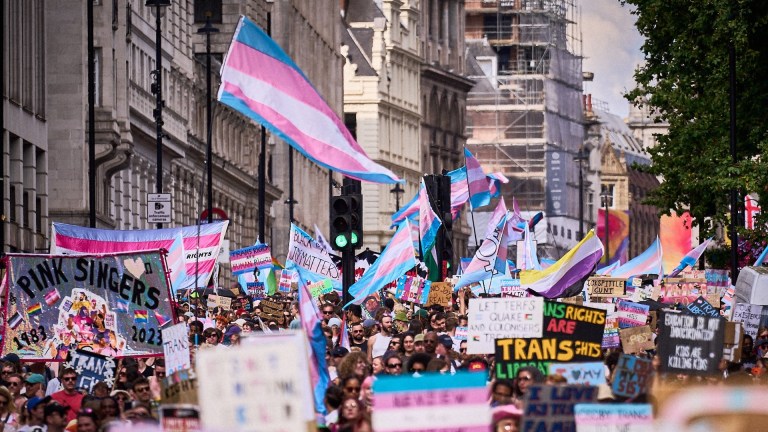Can I get a loan on universal credit?
Universal credit claimants don’t qualify directly for budgeting loans, but budgeting advances instead. This might seem like splitting hairs, and they are functionally the same thing, but it’s important to be clear to avoid confusion if you need to speak to someone at the DWP about a loan. You also get less time to repay a budgeting advance than you do with a budgeting loan.
These loans are separate from universal credit advance payments, which can cover the five-week wait most people face for a first monthly universal credit payment.
The budgeting advance is interest-free and will be repaid via deductions from your monthly universal credit payments. You should consult your work coach before you decide to apply for an advance.
Get the latest news and insight into how the Big Issue magazine is made by signing up for the Inside Big Issue newsletter
Budgeting advances are prioritised for people who need the money to get a new job, or hold onto the job they have, like to cover the cost of tools.
Otherwise you need to have been claiming universal credit for at least six months, and have earned less than £2,600 (or £3,600 if you’re a couple).
Advertising helps fund Big Issue’s mission to end poverty
Budgeting loan application
Applying for a budgeting loan is fairly straightforward. The main thing to remember is that your eligibility for the loan depends on your benefits, and the more information you can provide about your circumstances the better.
Who can apply for a budgeting loan?
You need to be receiving certain income-based benefits, including but not limited to income support, income-based jobseeker’s allowance and pension credit, or universal credit for an advance. If you’re a newer recipient, these loans might not be available to you until you pass the six-month threshold.
If you’ve recently stopped receiving these benefits, you may still be eligible for a budgeting loan, but only if you’re returning to work after a period on income support, jobseeker’s allowance, or employment and support allowance. This exception is in place to help people transition smoothly back to work.
You should research what other emergency funds might be available to you before going ahead with a budgeting loan – try the Turn2us tool for finding grants, which usually don’t need to be repaid.
If you don’t currently claim benefits but think you might be entitled to them, you can check which benefits you might be entitled to.
How can I apply for a budgeting loan?
You can apply for a budgeting loan online, which will get you a decision as quickly as possible, or by filling out a paper form and sending it by post. Both forms ask for details about why you need the loan, how much you’re requesting and information about your current financial situation.
Advertising helps fund Big Issue’s mission to end poverty
If you’re a universal credit claimant, you can apply through your online account, via the universal credit helpline on 0800 328 5644, or by speaking to your work coach.
The Social Fund Enquiry Line can post an application form to you or make changes to your application if you’ve already submitted it. Reach it by phone on 0800 169 0141, textphone 0800 169 286, or use Relay UK (18001 then 0800 169 0140) if you can’t hear or speak on the phone.
After your application reaches the DWP, they’ll consider your request based on your circumstances and their criteria. They’ll also think about how likely it is that you’ll be able to make the repayments. If they decide you meet the requirements they’ll approve your loan and notify you within days – in urgent cases you can ask that your loan is processed quickly, though fast-track processing isn’t guaranteed and depends on your circumstances.
You’ll usually get a decision on your application for a budgeting loan on the same day and receive the money shortly after, though both can take a little longer if you applied by post.
Repaying a budgeting loan
Budgeting loans don’t come with interest but you will still need to repay the full amount, usually deducted in instalments from your monthly benefits. The DWP automatically takes a set amount from your payments regularly until the loan is repaid, so prepare to have a smaller monthly income if you decide to apply for a budgeting loan.
The repayment period varies depending on the loan amount and the terms set by the DWP, but most people who receive a budgeting advance (i.e. universal credit claimants) have a maximum one year to repay in full while people with a budgeting loan have no more than two years to repay.
Advertising helps fund Big Issue’s mission to end poverty
If you’re struggling to make ends meet while repayment deductions are being taken from your benefits, it is possible to ask for a lower repayment rate or even a temporary pause in repayments. But you’ll need to arrange this directly with the DWP, and you’ll still be expected to repay in full eventually.
For most people, repayments begin as soon as the loan is paid into your account and continue until the loan is fully repaid. If you stop claiming benefits before the loan is paid off, you might need to arrange a different way to make repayments.
What to do if you’re refused a loan
If your application is denied you’ll usually receive a letter explaining why. In some cases you can ask for a review – handing over extra information and evidence of your circumstances to back up your case is sometimes enough to change the DWP’s mind.
If the government still refuses your application after a review, consider alternative sources of support. Local authority hardship funds provide one-off payments to people facing financial crisis, while organisations like Citizens Advice or local housing unions can help you navigate the challenge of covering essentials on a low income.
Do you have a story to tell or opinions to share about this? Get in touch and tell us more. Big Issue exists to give homeless and marginalised people the opportunity to earn an income. To support our work buy a copy of the magazine or get the app from the App Store or Google Play.










